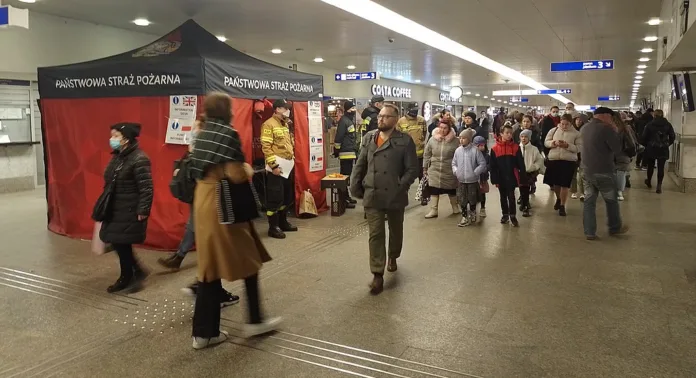The ongoing Ukrainian refugee crisis, driven by Russian aggression, has become one of the most significant humanitarian crises in recent history. Millions of Ukrainians have been displaced, seeking refuge across Europe and beyond. This crisis underscores the severe human suffering caused by geopolitical conflicts and places immense pressure on global frameworks designed to manage and address refugee situations.
In the years following Russia’s invasion of Ukraine, refugees have found themselves in an enduring state of limbo. Many reside in temporary accommodations or camps that were initially designed for short-term stays. The psychological toll of uncertainty, coupled with the realities of limited resources, severely impacts the refugees’ well-being. Furthermore, host countries grapple with integrating a substantial influx of displaced individuals, straining public services and social systems.
Historically, Europe has faced significant refugee movements, prompting the examination and sometimes overhaul of immigration and integration policies. The Ukrainian crisis reawakens debates around the responsibilities and capacities of host nations, the role of the European Union in providing collective support, and the necessity for effective global partnerships.
Diplomatic discussions have led to some financial aid and resource allocations, but observers stress that these measures fall short of addressing the scope and scale of needs. Discussions at various international platforms, like the United Nations and the European Commission, underscore the urgency for sustainable solutions that go beyond emergency responses.
Some solutions proposed include prioritizing long-term housing strategies, expanding employment and educational opportunities for refugees, and nurturing cultural integration initiatives aimed at fostering coexistence. Such integrative strategies are underlined by examples from previous displacement scenarios, highlighting the importance of comprehensive planning to avert not just immediate humanitarian fallout but also long-term societal challenges.
The ongoing plight of Ukrainian refugees emphasizes the necessity for a concerted international effort to address burgeoning humanitarian crises. Adequate support not only alleviates immediate suffering but also stabilizes regions economically and socially, contributing to broader peacebuilding efforts. As geopolitical tensions continue to influence displacement patterns globally, humanitarian resilience remains a crucial component in sustaining hope and dignity for those forcibly uprooted from their homes.
Embed from Getty ImagesPerspectives
Perspective 1: Humanitarian agencies emphasize that the situation for Ukrainian refugees is deteriorating due to ongoing funding shortages and limited access to essential services. Reports from the International Rescue Committee (IRC) and analysis by Human Rights Watch persistently highlight deficits in shelter, healthcare, and educational access. These organizations argue for a shift in international response paradigms from crisis relief to sustainable development models that address these deficits comprehensively. With a focus on long-term integration, they advocate for effective policy measures and increased financial commitments from the global north, stressing that ad hoc interventions are insufficient given the scale and scope of the displacement.
Sources:
International Rescue Committee
Human Rights Watch
Perspective 2: From a political standpoint, some analysts argue that the Ukrainian refugee crisis has become politicized, with certain EU countries using the influx to push stricter immigration policies. Coverage in Politico and insights from the European Policy Centre detail how the rhetoric around national security and economic strain is shaping public and political discourse. These sources view the crisis as a potential tipping point for gaining public support for policies that either enhance or constrict future migration. Moreover, the discourse is increasingly coloured by worries over national identity and social cohesion, with populist factions capitalizing on these concerns to galvanize electoral bases against further refugee acceptance.
Sources:
POLITICO
European Policy Centre
Perspective 3: Refugee voices themselves are capturing increased attention as many Ukrainians recount personal struggles and hope for the future. Narratives shared with Al Jazeera and through platforms like Amnesty International raise awareness of the intrinsic human aspects of refuge, focusing on resilience and the quest for normalcy amidst displacement. These stories have created momentum for grassroots movements advocating for increased refugee representation in decision-making processes concerning resettlement and aid distribution. The articulation of these experiences highlights the need for inclusive strategies that empower refugees, imparting them with agency to directly influence policies affect ing their lives.
Sources:
Aljazeera
Amnesty International
